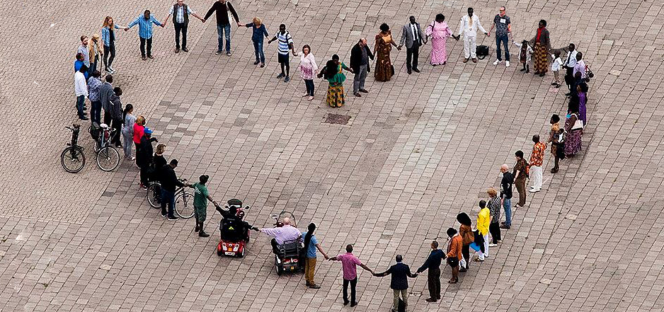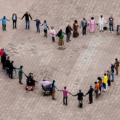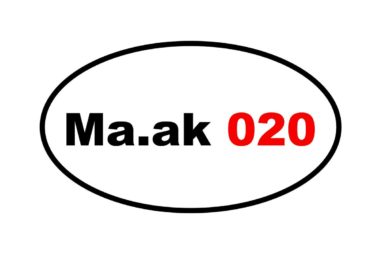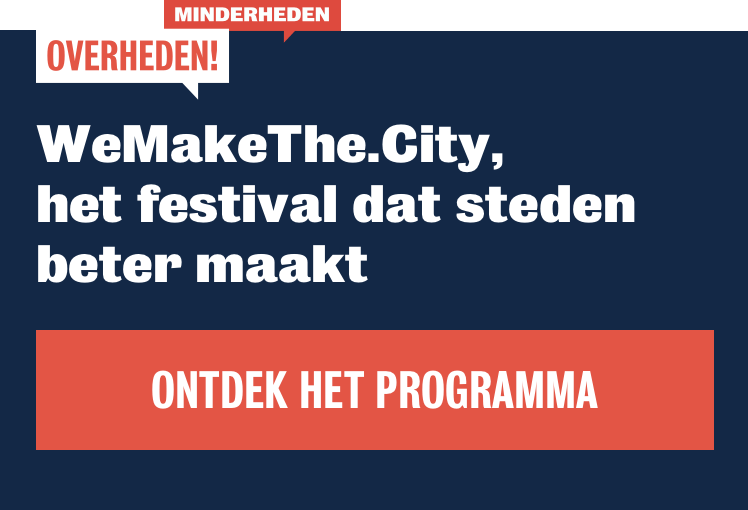Co-creation, participatory democracy, 'doing it together': it's all more simply said than done, but a transition is happening. While ambitions of local politicians, civil servants and active citizens in Amsterdam are high, the practice of collaborative citymaking requires the (re)structering of the relation between all urban stakeholders. What is necessary to use everyone's potential to the fullest? Special guest Charles Landry will share and apply his concept of Creative Bureaucracy onto the Amsterdam Ma.ak020 initiative, to find the most creative and imaginative path towards real collaborative change.
With amongst others
About the Creative Bureaucracy Movement
Charles Landry is an international author(ity) on the use of imagination and creativity in urban change. He is currently a fellow at the Robert Bosch Academy in Berlin. He invented the concept of the Creative City in the late 1980’s. Its focus is how cities can create the enabling conditions for people and organizations to think, plan and act with imagination to solve problems and develop opportunities. The notion has become a global movement and changed the way cities thought about their capabilities and resources.
The Creative Bureaucracy movement highlights the human perspective. It understands people are at the heart of the system. It puts the lived experience of working within or with a bureaucracy centre-stage. A bureaucracy is not only a structure or ‘organigram’ with functional relationships and roles. It is a group of people with lives, emotions, aspirations, energy, passion and values. Most work in a bureaucracy because they want to make a difference in big and small ways. They see their work as meaningful. It’s the context that is frustrating. The overall aim is to shift things from a ‘no, because’ culture to a ‘yes, if’ culture. Creative bureaucrats can, as individuals, shape cities. But a critical mass can reshape the bureaucratic system itself. Our aim is to trigger a movement of bureaucrats who demand more from their work environments. Some already reflect a generosity of spirit. This civic creativity can help communities bridge divides and find ‘the common’ in our quest to build better places to live.
About Ma.ak020
The Ma.ak020 (Maatschappelijk Akkoord voor 020) initiative, loosely translated as “The Societal Agreement for Amsterdam”, came into being during the run-up to the 2018 Amsterdam municipal elections, when a large group of initiators (both city makers and civil servants) discussed the stimulation of civic initiatives in the upcoming years. They proposed to come to a social agreement on how citizens and civil servants can work together on further democratization in the city, and how we can continue to learn from each other. Those are the goals of Ma.ak020.
The Amsterdam Deputy Mayor of Democratisation, Rutger Groot Wassink, has embraced the initiative and turned it into one of the building blocks of his Democratization agenda. Between last November and the summer of 2019, the basis for the agreement will be collected and discussed in co-creation and with the expertise of many active Amsterdammers. These sessions will be translated into a 100 point overview for a social agreement for the entire city.







